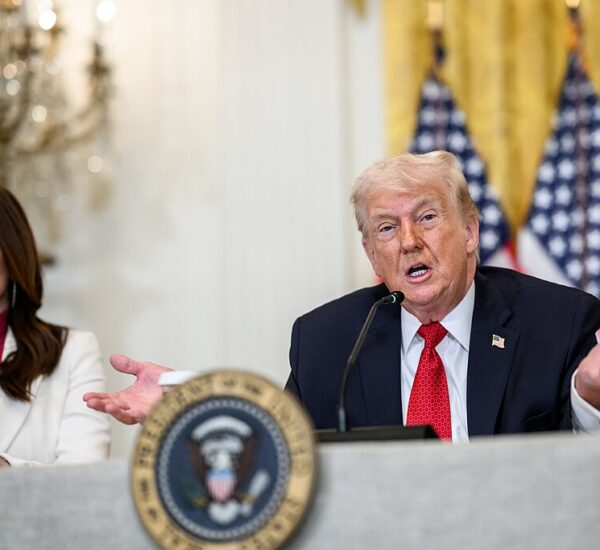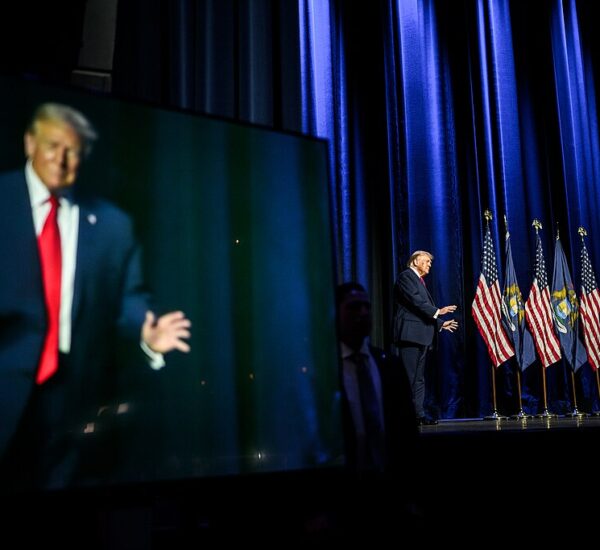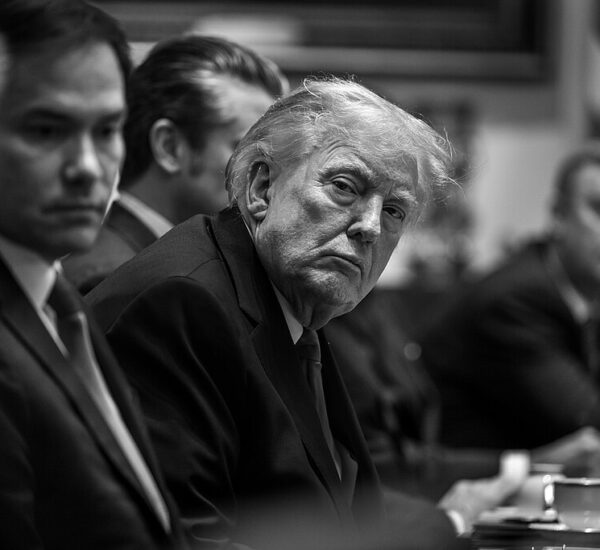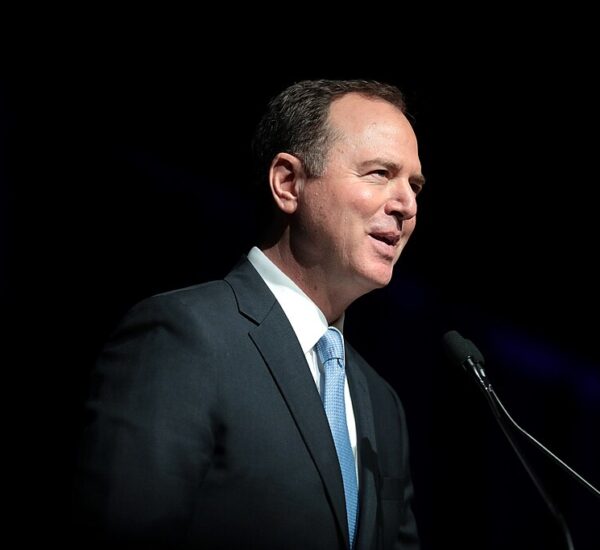GOP Capitalizes Off Kamala’s VP
Vice President Kamala Harris has picked Democrat Tim Walz of Minnesota as her running mate for the upcoming presidential election. This decision may very well turn out to be a major strategic misstep for the Democrats, and it presents a significant opportunity for former President Donald Trump and the Republican Party.
For weeks, speculation swirled about who Harris would choose as her vice-presidential candidate. Given Harris’s tendency to avoid media scrutiny, many assumed the decision would be carefully calculated. High-profile figures like Secretary of Transportation Pete Buttigieg were in the running, though his frequent absences and questionable effectiveness in office might have made him a less appealing choice. Political analysts had anticipated Harris would likely choose between Governor Josh Shapiro of Pennsylvania and Senator Mark Kelly of Arizona—both of whom could have been strong contenders in crucial swing states.
Shapiro, as the governor of a key battleground state, could have provided a significant boost to Harris’s campaign, potentially securing Pennsylvania’s 19 electoral votes. Similarly, Kelly, a senator from another pivotal state, might have been able to deliver Arizona’s 11 electoral votes to Harris. These selections would have strengthened Harris’s bid by fortifying her appeal in critical states.
However, Harris opted for Governor Tim Walz, whose political record presents a stark contrast to what many might have hoped for. Walz’s tenure in Minnesota has been marked by controversy, including his handling of the riots in Minneapolis, which saw extensive damage and unrest. His stance on immigration, characterized by advocating for more open borders, and his involvement in questionable COVID-19 relief fund management, further complicate his appeal.
Walz is also known for his progressive policies on issues like transgender rights and abortion, which could alienate moderate voters. His close ties with controversial figures and positions could provide Republicans with a clear narrative to rally against.
For Trump and the GOP, this unexpected choice by Harris is an opportunity to highlight the stark differences between their vision and the policies of Harris and Walz. The focus should be on contrasting the Republican agenda with the far-left policies represented by Walz and Harris.
In addressing economic concerns, the Biden administration’s policies, which Harris has supported, could be critiqued. On border security, Walz’s open-border stance could be framed as a risk to national security. The issue of crime, especially given the aftermath of the Minneapolis riots, and foreign policy considerations—given Harris’s alignment with progressive elements within her party—can also be used to bolster the Republican case.
In essence, Harris’s choice of Walz has handed Trump a significant opportunity to galvanize his base and sway undecided voters. The key for Republicans will be to effectively leverage this moment and present a compelling contrast to the Harris-Walz ticket.






